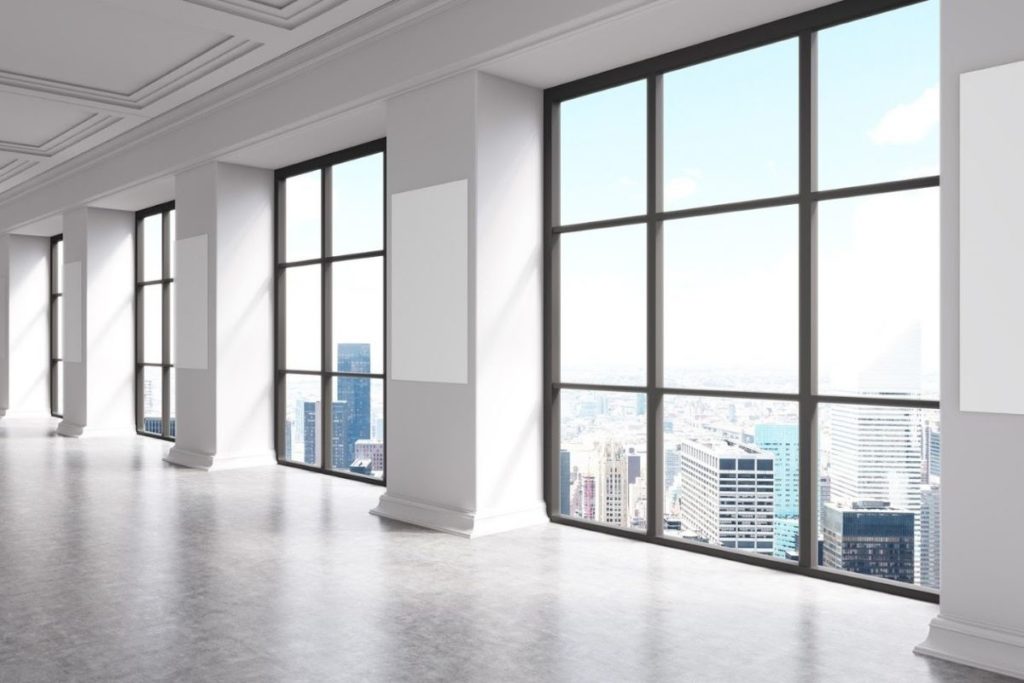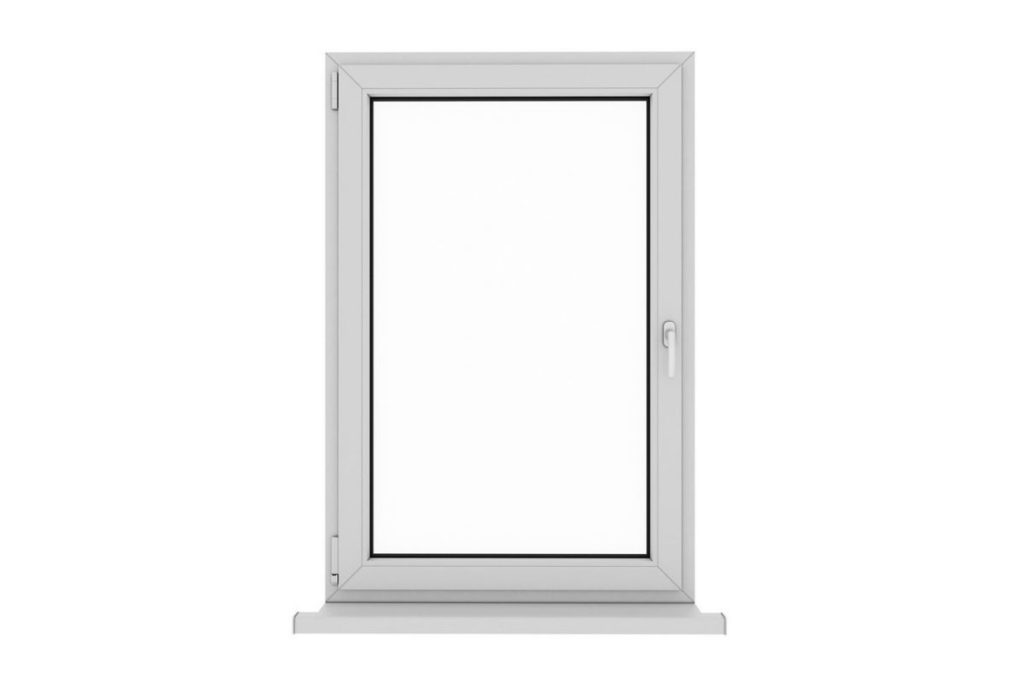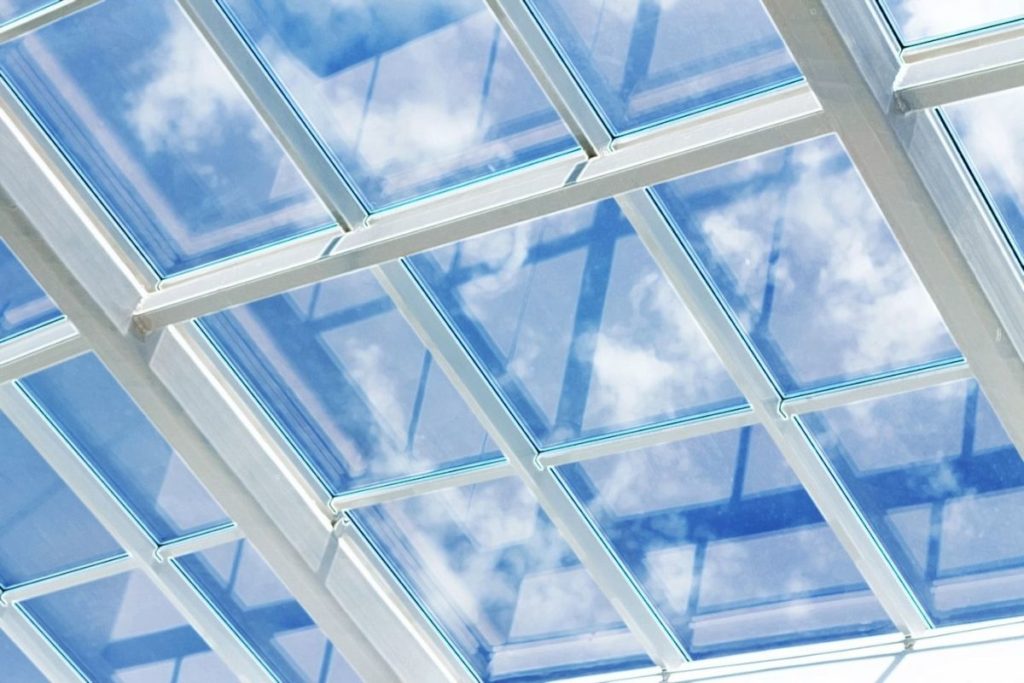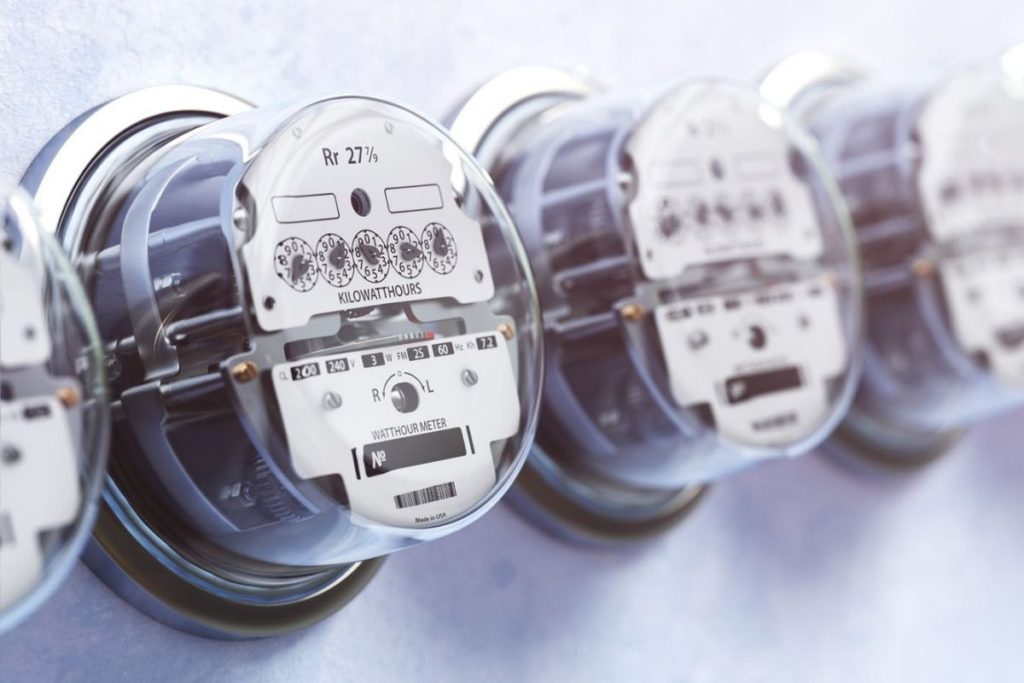Written By: Brad Campbell | July 8, 2022
When it comes to building insulation, your property’s windows play a hugely important role. Better windows mean less air leaks through the glass, so your HVAC systems work less to maintain comfortable indoor temperatures.
One cost-effective way to keep your business cool in the summer and warm in the winter is by installing insulated glass units (IGUs). The energy savings provided by doing this can save you from wasting thousands of dollars a year on unnecessarily high utility bills.

Insulated glass units generally consist of two or more panes of glass (or another type of glazing) with a pocket of air between them. While often referred to as insulated glass, we prefer to call them IGUs because the insulation performance relies on all the different components of the sealed unit working together — not just on the glass.
Insulated glass units are also commonly referred to as double-pane glass windows or double glazing. If there are three panes of glass in a unit, it is known as a triple-pane window or triple glazing. The more panes of glass there are in an IGU, the more insulation performance it provides.

Every IGU consists of many different components that work together to provide optimal window sealing and insulation. These are:
IGU glazing is made from standard annealed window glass or another type of glazing, such as laminated security glass, polycarbonate, or another glass-like material.
The glazing is what provides you with all the regular benefits of a window, including letting natural light in and allowing views of the outdoors.

Of course, if you want other benefits, you can choose different types of glazing accordingly.
For example, if you want to add privacy, you might go with darkly tinted glazing. You could also opt for colored or reflective glazing for privacy and/or to change a commercial building’s outward appearance and give its facade a modern facelift.
Or, if you want added security, you may choose something like polycarbonate security glazing for an IGU’s glazing. Polycarbonate provides optimal impact resistance to protect against forced entry, storm damage, and other security threats.
Insulated glass wouldn’t be insulated without a spacer bar, which is what keeps the panes of glass separated and maintains an empty space between them for the insulating infill.
The width of the spacer can vary, but usually the wider it is, the more insulated the windows are. The spacers in IGUs are often made of aluminum, although they can also be made from steel, stainless steel, thermoplastics, and other various plastic composites.
The most common way to insulate double-pane windows is to leave air in the space between the panes of glass. However, some manufacturers also offer argon, krypton, or other gas infills that can improve the performance of your insulated windows even more.
But, why do gas infills perform better than air infills? Well, gasses like argon and krypton are denser than air, making it harder for thermal energy to pass through them and resulting in better overall insulation.
Insulated glass infill performance at a glance:
Of course, no window would be complete without a frame to hold it in place. For insulated glass units, the window frame is what keeps all the components together, allowing them to perform in tandem to improve energy efficiency.
Double-glazed windows can use many different types of window frames, depending on the architectural/design style you want and any other performance functions you wish to achieve.
For instance, if you install double-pane security glass windows, they would come in impact-resistant and tamper-proof aluminum security framing to achieve maximum performance.

Insulated windows can come in any type of frame you need for different styles of commercial and residential windows, such as:

The inner seal of an IGU, also known as the primary seal, attaches the glass panes to the spacer bar. The outer seal, or secondary seal, seals the outer edges of the entire insulated glass unit.
Both of these seals serve to keep the insulated unit’s infill from escaping and prevent moisture and humidity from getting between the panes of glass. The seals also help prevent thermal conductivity between the panes of glass, contributing to the overall thermal performance of the windows.
The primary benefit of insulated glass is that it drastically improves a building’s energy efficiency.
By adding another pane of glass to all your windows, you can reduce energy usage by somewhere between approximately 20 and 30 percent.

The amount of energy you save varies from month to month, depending on the weather and climate where you are located, but total annual savings can be in the thousands of dollars, especially for large luxury homes and commercial facilities.
In warm weather, insulated window units reduce solar heat gain, or the amount of heat from the sun coming through your windows, so you can cut back on running your property’s AC. This also eliminates the need to close drapes and blinds in an effort to maintain comfortable indoor temperatures, so you can continue enjoying your natural light and outdoor views.
Other benefits of double-pane and triple-pane windows:
So, are you convinced of the benefits of insulated windows yet? Contact us today to get your property’s energy efficiency improvements underway.

HOW CAN WE HELP YOU?
